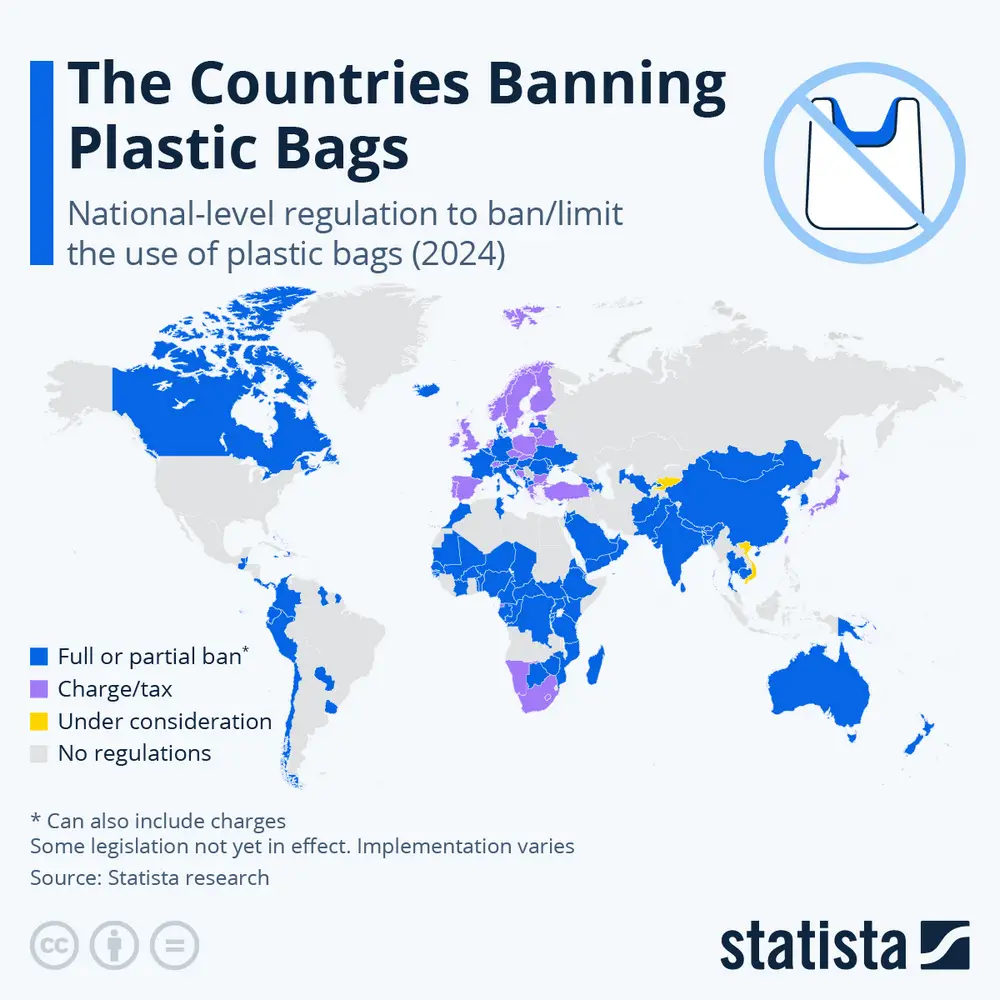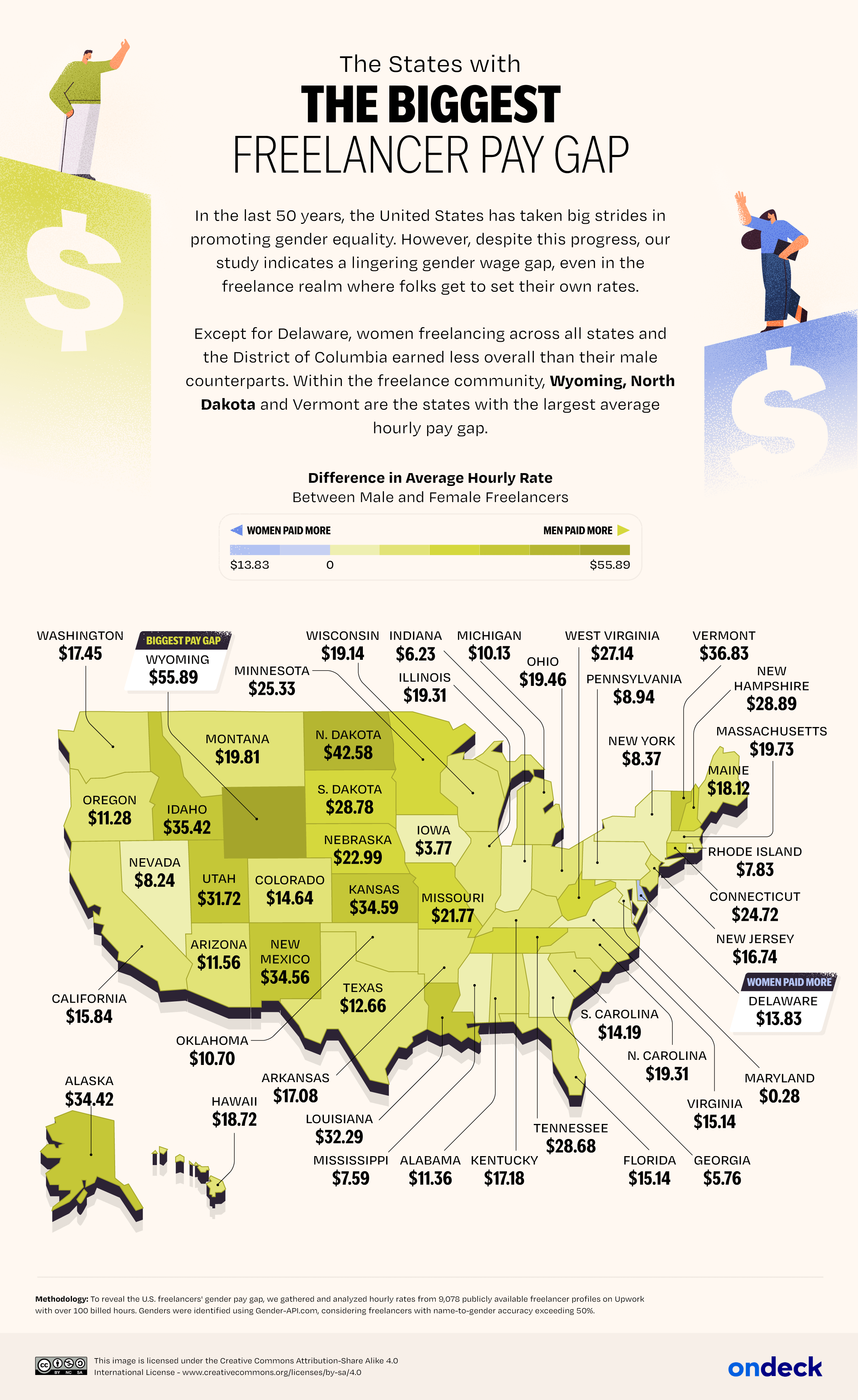The Evolving Global Landscape of Plastic Bag Bans

Back in 2018, a report by Statista shed light on the early movers in the war against plastic bags. At the time, 91 countries and territories had already passed some form of full or partial ban on these items. Africa, in particular, emerged as a trailblazer, with many developing nations leading the charge.
The reasons were clear – these countries were grappling with the mismanagement of plastic waste more acutely, and they lacked the strong lobby of plastic producers that often slowed progress in other parts of the world. Meanwhile, Europe took a more nuanced approach, with a majority of countries opting to charge fees or taxes on plastic bag usage instead of outright bans.

Fast forward to 2024, and the landscape has shifted dramatically. The latest map from Forbes and Statista paints a picture of a world that is increasingly intolerant of single-use plastic bags. Many nations have not only maintained their initial bans but have also strengthened their regulations, targeting even thinner and more problematic plastic bags.
One standout example is China, which first outlawed thin plastic bags in 2008 and then expanded its restrictions over time. By the end of 2020, China had banned all non-compostable bags in major cities, and the policy was extended nationwide in 2022. India also joined the movement in 2022, banning an array of single-use plastic items, including certain types of bags.
The European Union, once a bastion of fee-based systems, has also undergone a shift in its approach. While individual member states had previously banned lightweight plastic bags, the EU has now passed a directive targeting an even wider range of single-use plastic items, including straws, plates, and cutlery. This comprehensive legislation, implemented in 2021 and 2022, represents a significant step forward in the EU’s fight against plastic pollution.
Interestingly, the United States has lagged behind in this global movement, with no nationwide ban or fee system in place. However, several states and hundreds of local municipalities have taken matters into their own hands, implementing their own restrictions on plastic bags. This patchwork of regulations reflects the growing public pressure and the need for a more cohesive national strategy.
As we look towards the future, the map of countries banning plastic bags continues to evolve, mirroring the global shift in attitudes and priorities. From Africa’s early leadership to the recent actions taken by economic powerhouses like China and India, the battle against plastic waste is unfolding in fascinating ways. This dynamic landscape serves as a testament to the collective determination to create a more sustainable world.








